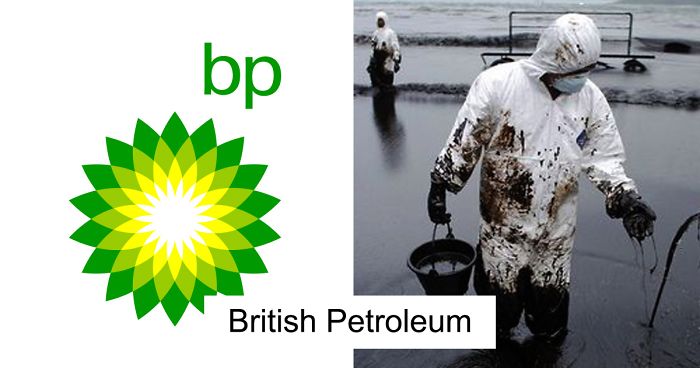
My 10 New Real Advertisements Of Major Companies That Show The Harsh Reality (Warning: Upsetting Content)
My name is Igor Dobrowolski and I designed my own version of the real advertisement (if you’re interested, you can find my previous post here). I believe that the only hope rests not with any individual politician or public intellectual but rather in true popular movements—not in elections but in mass uprisings or ordinary people, as in the Civil Rights movement. The power does ultimately rests with the people.
According to the historian Howard Zinn, what really matters are the countless small deeds of unknown people who lay the basis for the events of human history. These are the people who have made a change in the past; they are responsible for making a change in the future, too. Big changes like the rights of women, rights of black people or homosexuals always start from the bottom to the top, from ordinary people to finally politics and corporations.
More info: Instagram | Facebook
ExxonMobil
Corporations like Nestlé and Unilever profit wildly from single-use plastic packaging while peddling the myth of recycling as a solution. But anyone who has thought seriously about the issue can see that recycling could never handle the amount of plastic surrounding our everyday life.
Marks&Spencer
Kate Lin is a senior campaigner at Greenpeace and she says that we shouldn’t forget that plastic is itself created from fossil fuels and lobbied for by the fossil fuel industry, while they desperately try to maintain the single-use plastic status quo instead of tackling the problem at the source. Only by stopping the production of single-use plastics can this crisis be addressed.
BP
The measure of human demands on Earth’s natural resources is known as our ecological footprint. Currently, we use the equivalent of 1.5 Earths to produce all the renewable resources we use. As the human population grows, the challenge of reducing our footprint becomes more urgent.
ExxonMobil
Years of scientific investigation have given us a clear understanding of what’s causing climate change and how humans are contributing. It works like this:
Certain gases in the atmosphere — like carbon dioxide — create what’s called the greenhouse effect, trapping in heat and regulating the Earth’s temperature. Burning fossil fuels releases more greenhouse gases into the atmosphere, particularly carbon dioxide. While not the most potent greenhouse gas, carbon dioxide is by far the most emitted by human activities. More greenhouse gases in the atmosphere mean a more intense greenhouse effect, causing the Earth to keep getting warmer.
Walmart
Lukoil
According to the U.S. Department of Energy, 1.3 million gallons (4.9 million liters) of petroleum are spilled into U.S. waters from vessels and pipelines in a typical year. A major oil spill could easily double that amount.
Shell
Analysts for the Oil Spill Intelligence Report have reported that spills in that size range have occurred in the waters of 112 nations since 1960. But certain areas see more spills than others. The Report identifies these “hot spots” for oil spills from vessels: Gulf of Mexico (267 spills) Northeastern U.S. (140 spills) Mediterranean Sea (127 spills) Persian Gulf (108 spills) North Sea (75 spills) Japan (60 spills) Baltic Sea (52 spills) United Kingdom and English Channel (49 spills) Malaysia and Singapore (39 spills) West coast of France and north and west coasts of Spain (33 spills) Korea (32 spills).
We’re also learning more about the impacts of climate change, many of which have serious consequences for humans and wildlife. The devastating impacts of climate change are clear. Our world is warmer than ever before, and people and wildlife are already suffering the consequences. But that’s nothing compared to what we’re leaving future generations if these trends continue.
Nestle
18Kviews
Share on Facebook
 Dark Mode
Dark Mode 

 No fees, cancel anytime
No fees, cancel anytime 


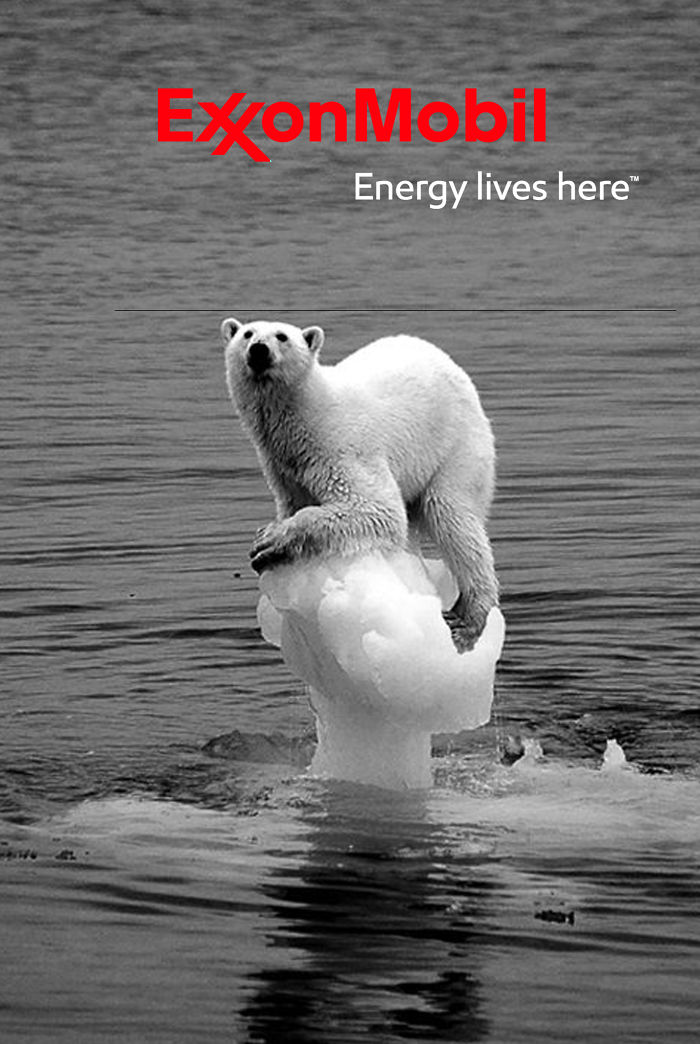
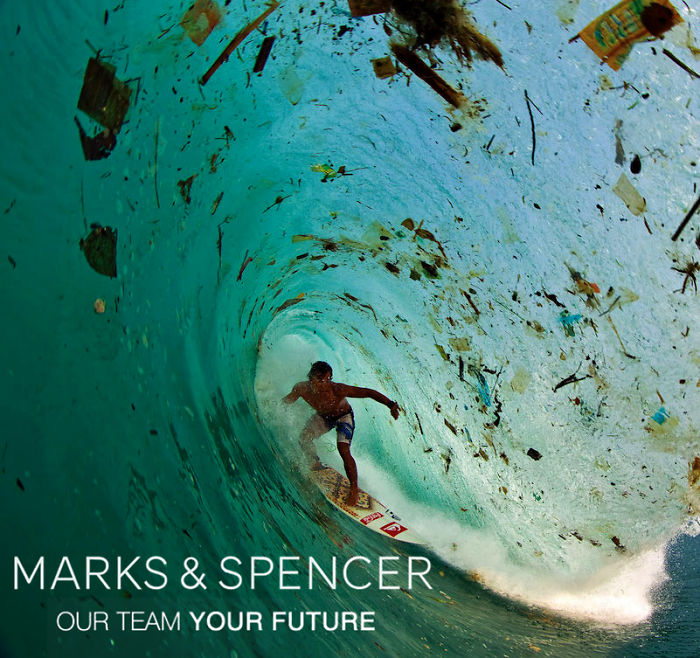
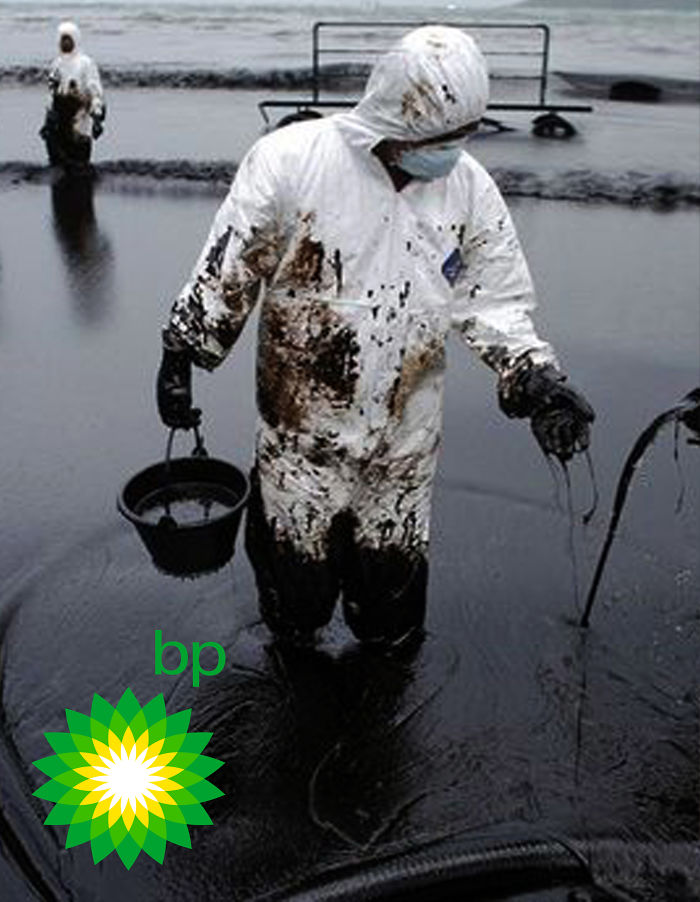
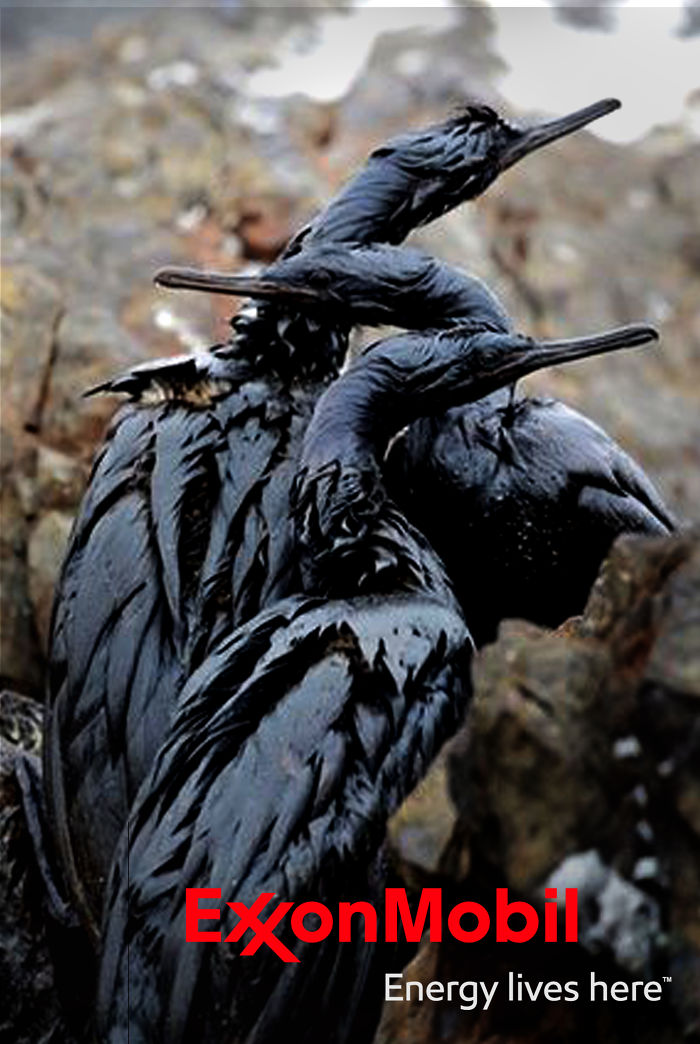
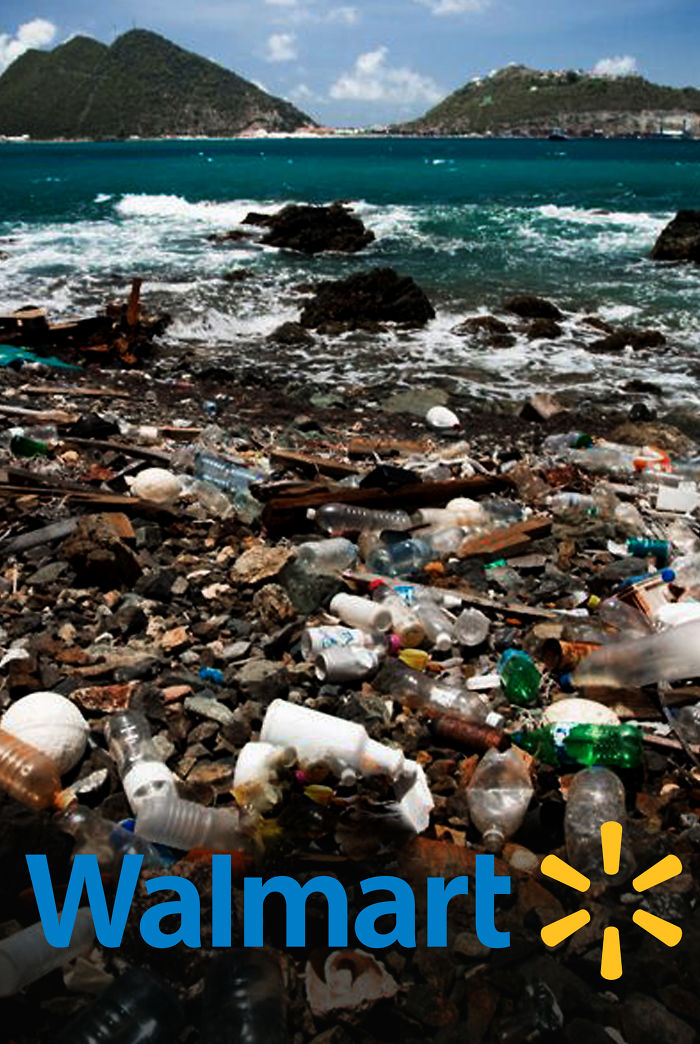
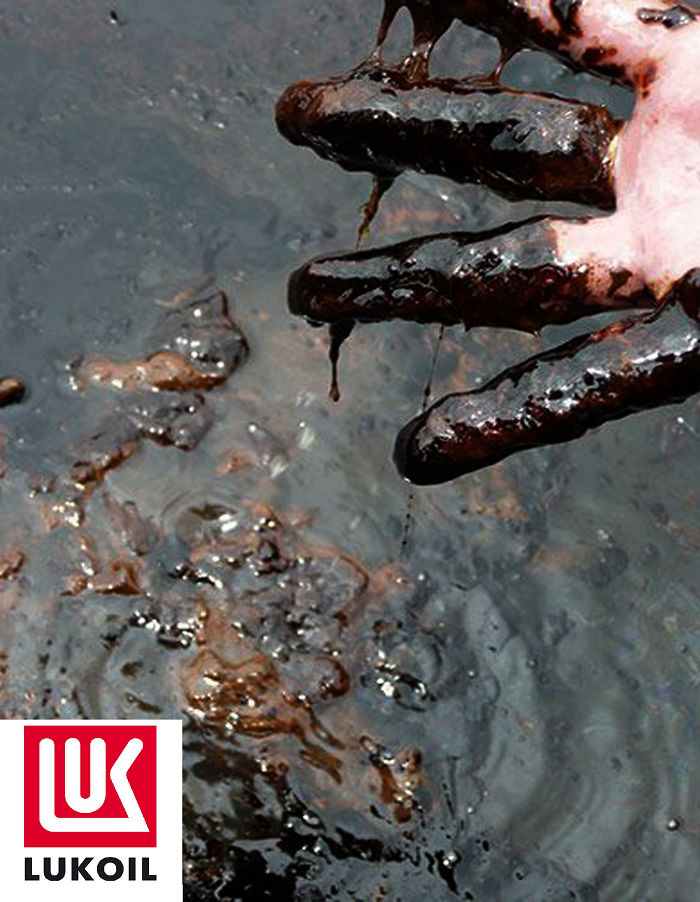
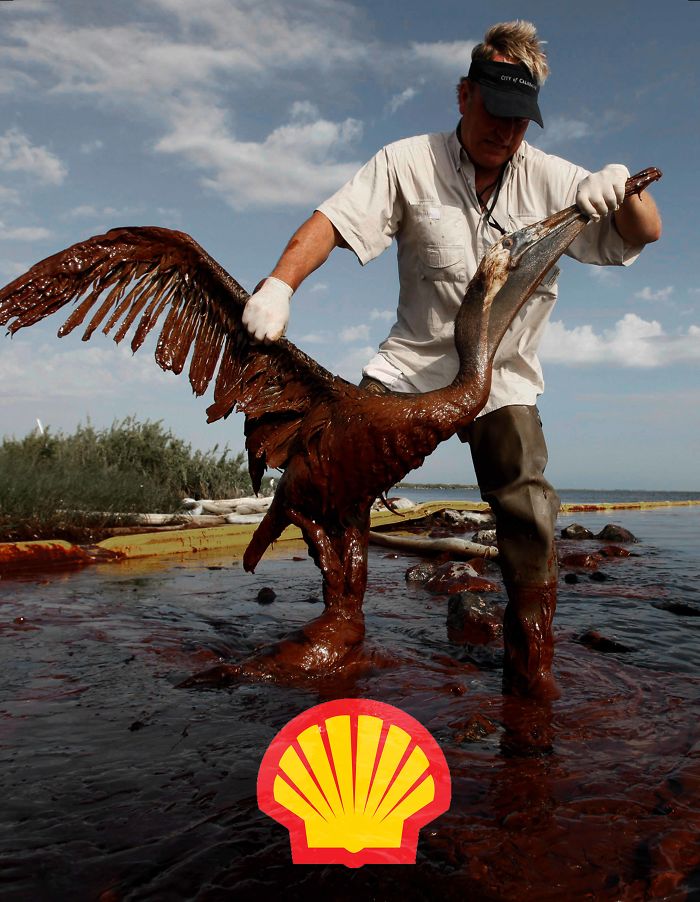
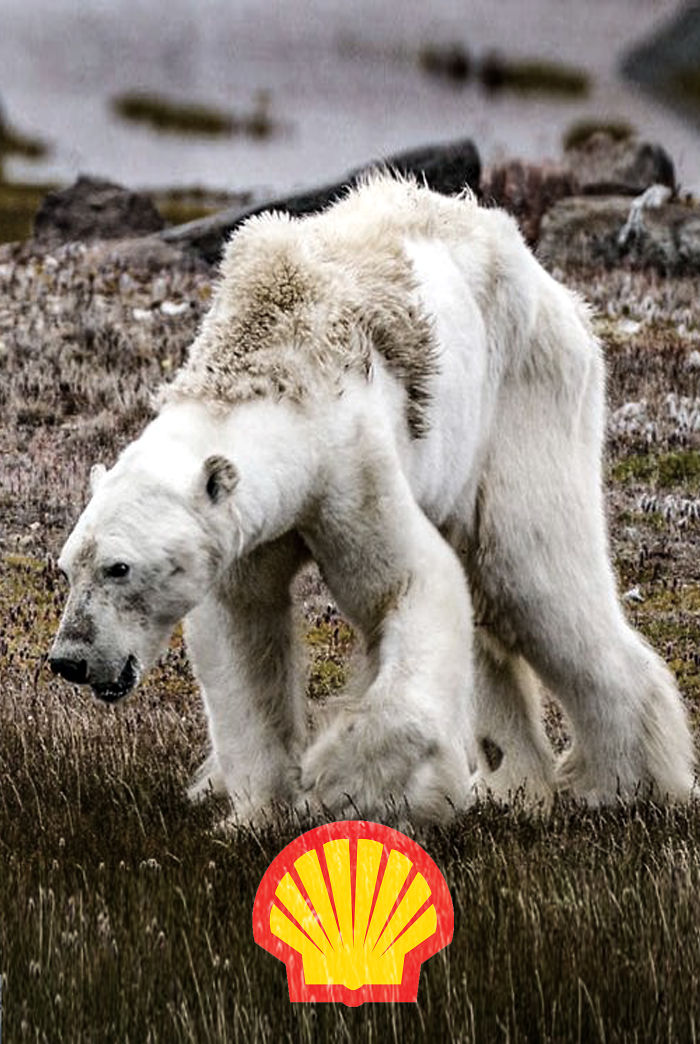
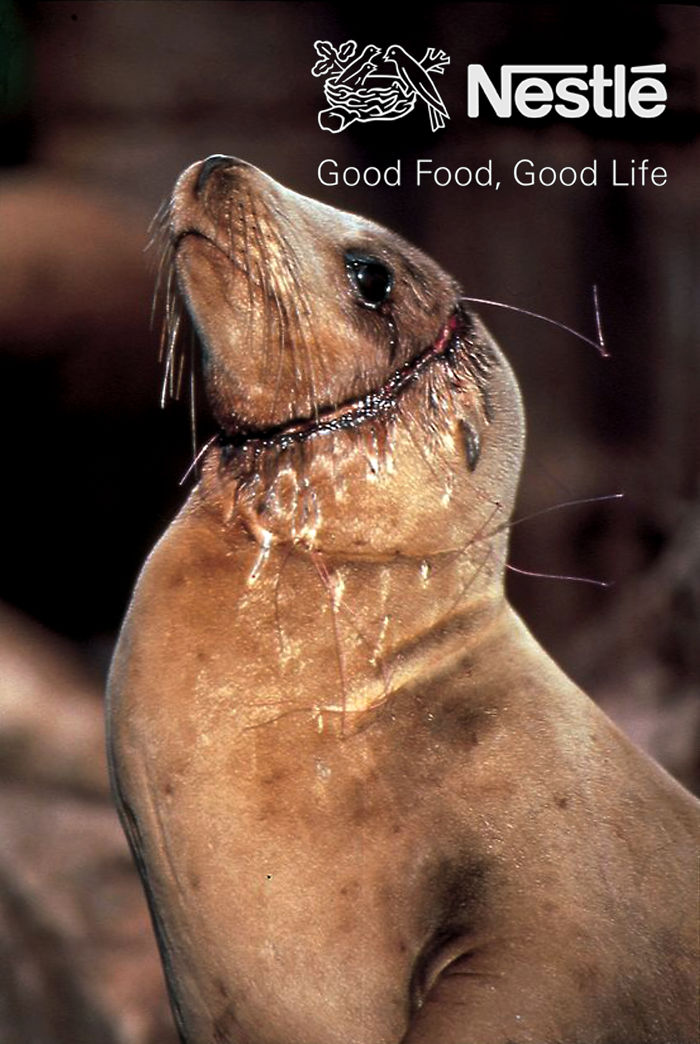
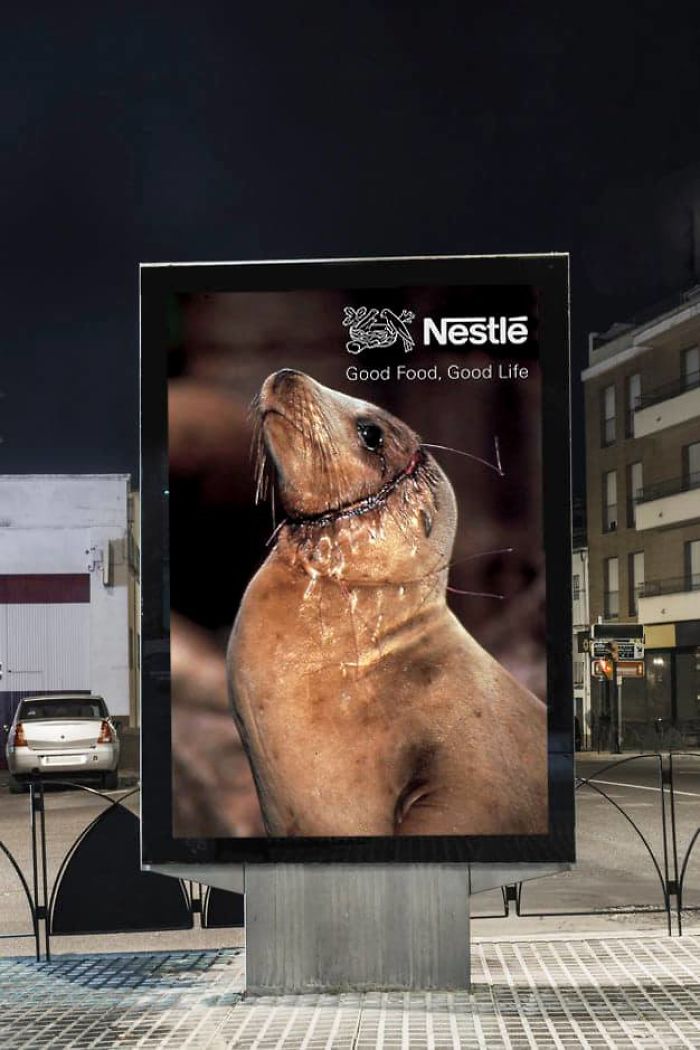






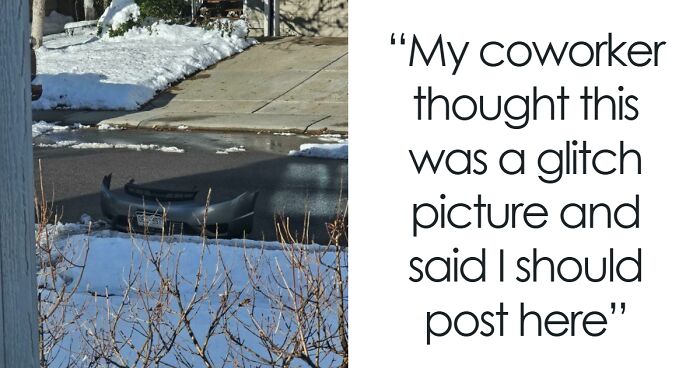

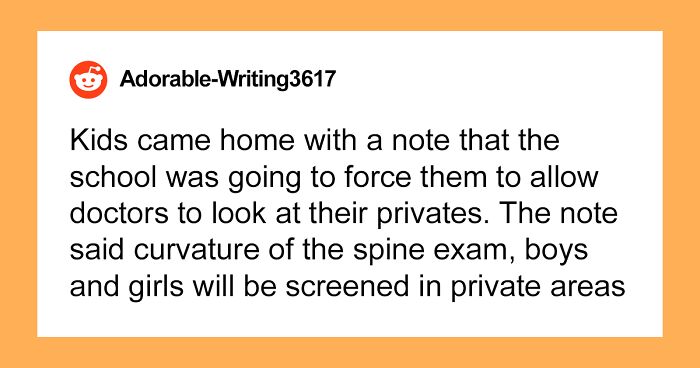

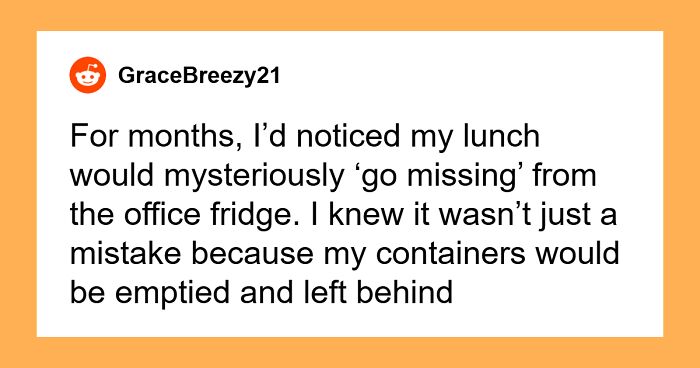


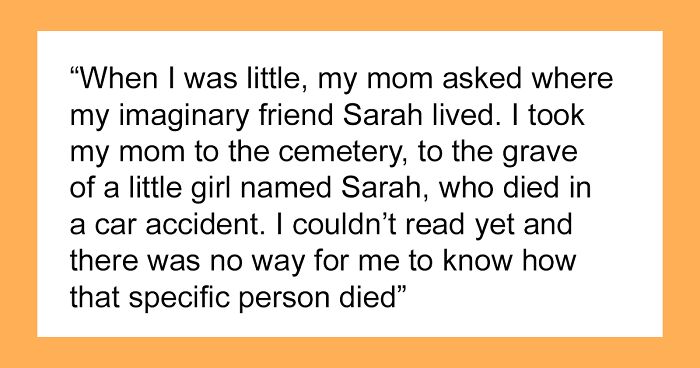



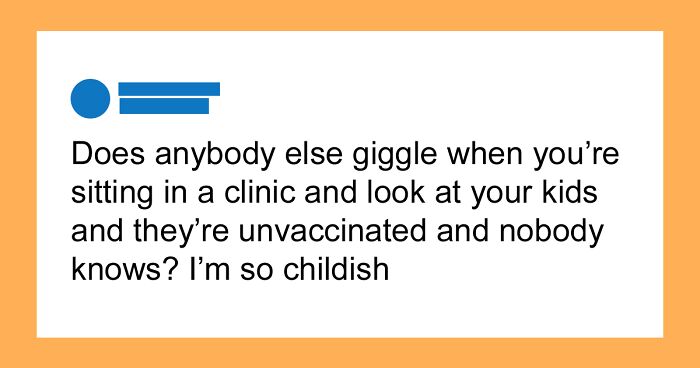

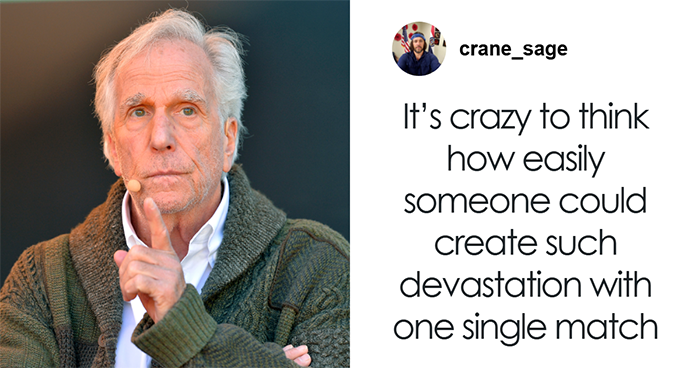
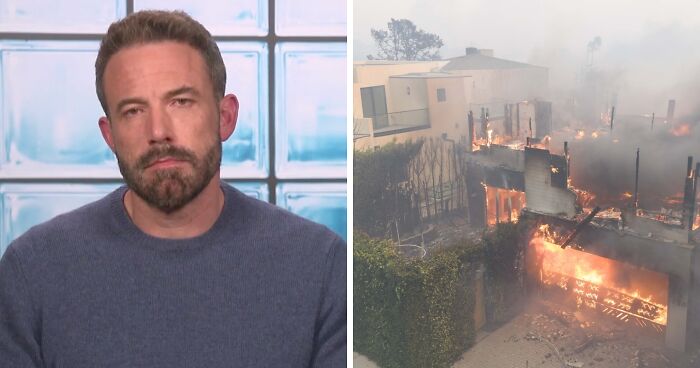
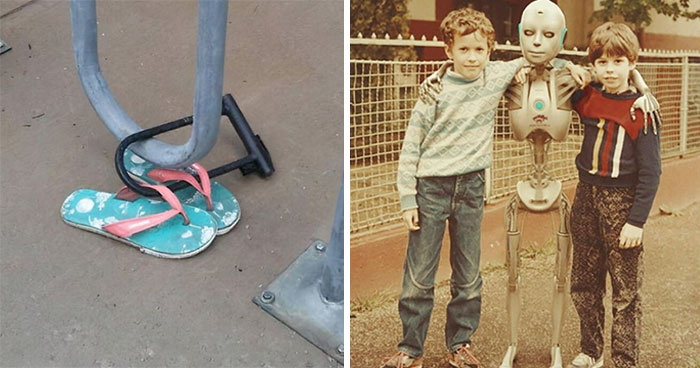


164
44